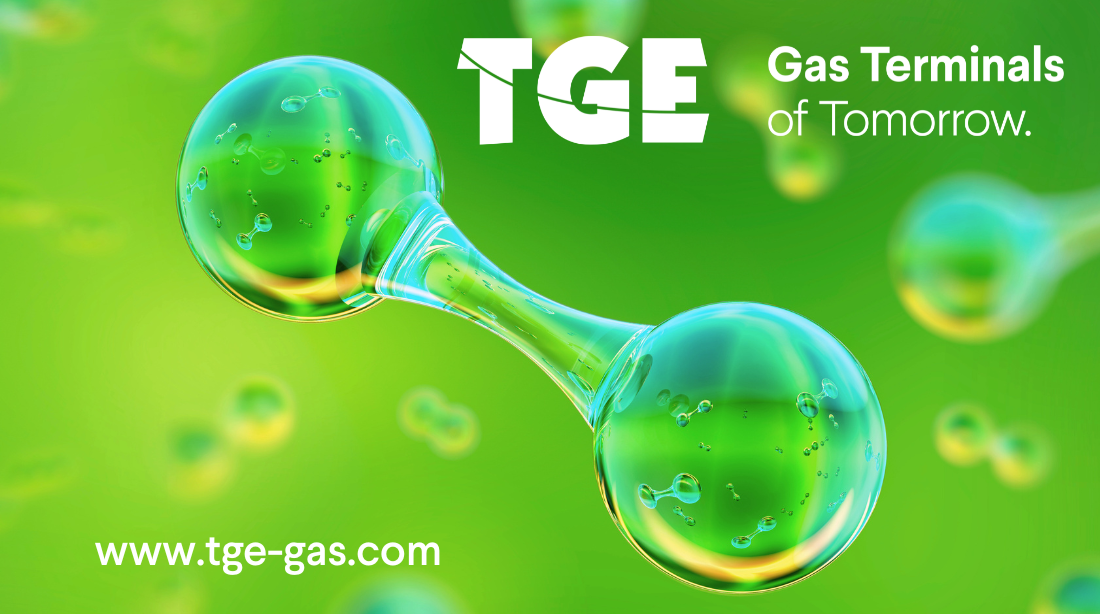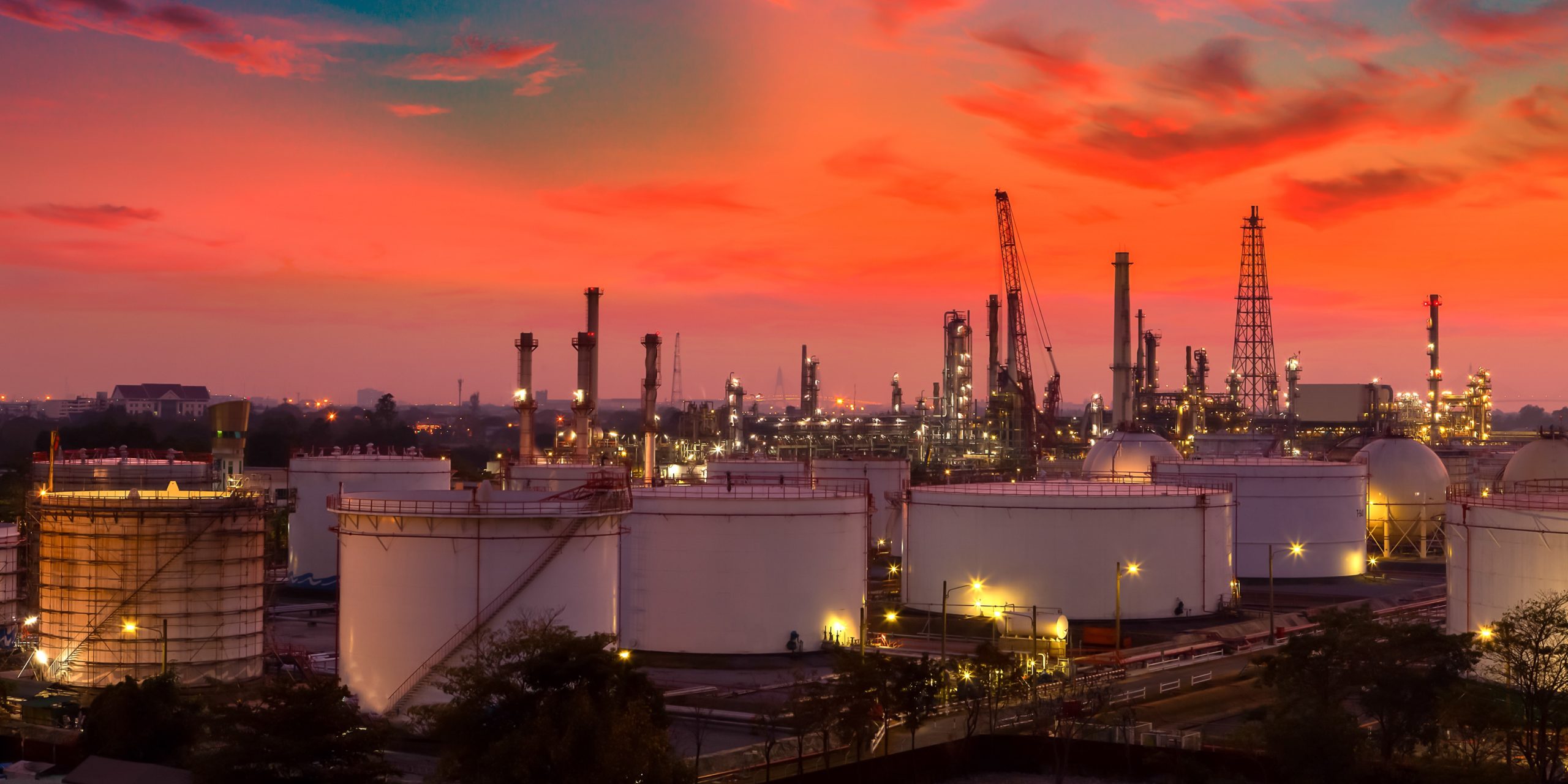The project developer Hanseatic Energy Hub (HEH) wants to accelerate the development of the LNG terminal in Stade as much as possible. From 21 March to 8 April, companies can announce their interest in a long-term capacity booking.
“This is the starting point for the rapid implementation of an open-season process to conclude binding capacity bookings from 2026,” managing partner Johann Killinger said. “Interest in the future German LNG market is growing,” he added. The formal approval process is also expected to pick up speed now. Before Easter, the project executing agency wants to submit all the necessary documents.
So far, commissioning was planned for the end of 2026 at the earliest. The approval process and the open season were to start in summer 2022 at the earliest. Now, all processes and thus also a possible start of the terminal with a planned capacity of 12 billion cubic metres will be accelerated by several months, if an investment decision is made.
The development of an LNG infrastructure to reduce dependence on Russian natural gas is the declared will of the German government. Two terminals are to receive federal funding, however, Stade is not among them according to the government’s considerations to date. The German government has taken a 50 percent stake in the project in Brunsbüttel through the state-owned bank KFW. In addition, a project in Wilhelmshaven is to be funded. It seems that no decision has yet been made between the three parallel projects planned by Uniper, the Dutch company Tree Energy Solutions (TES) and the port operator Nord-West Oelleitung. Killinger had expressed optimism at several events in the recent past that he would also receive funding for the Stade project.
Last weekend, German economics minister Robert Habeck (Greens) had agreed on an energy partnership with the government of Qatar, which is also to include LNG imports. Concrete contracts are still to be negotiated between German importers and Qatar’s state production company. Qatar will expand its LNG export capacity from today’s 76 million tonnes of LNG (100 billion cubic metres) to 110 to 120 million tonnes of LNG (140 to 155 billion cubic metres) by 2027. Representatives of Hanseatic Energy Hub had reported last year that they were in talks with a whole range of interested parties from various countries.
For more information visit www.hanseatic-energy-hub.de












